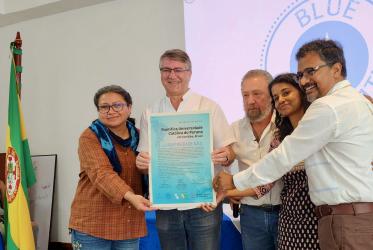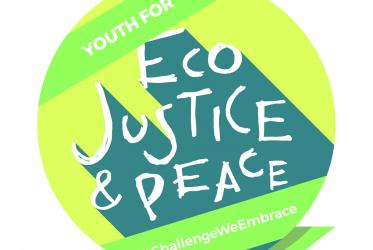Displaying 1 - 20 of 36
17 April 2024
WCC condemns massacre of farmers in Philippines
12 April 2019
Interfaith Rainforest Initiative expands
12 February 2019
All pilgrim routes lead to COP24
11 December 2018
#WCC70: A prayer about health and healing
20 July 2018
Voices from Colombia: “What if we have no land to till?”
15 February 2018
2018 Lenten campaign “Seven Weeks for Water” begins in Colombia
15 February 2018
Seven weeks of Lent highlight water justice in Latin America
12 February 2018
“Overcoming economic injustice” vision of WCC’s Athena Peralta
23 February 2017
New videos help congregations hasten HIV response
20 October 2016
Voices from HIV workshop reflect deep impact
07 April 2016













